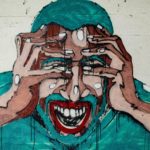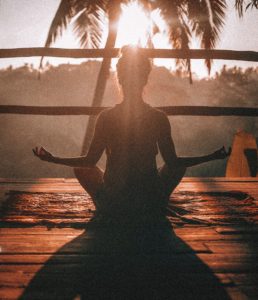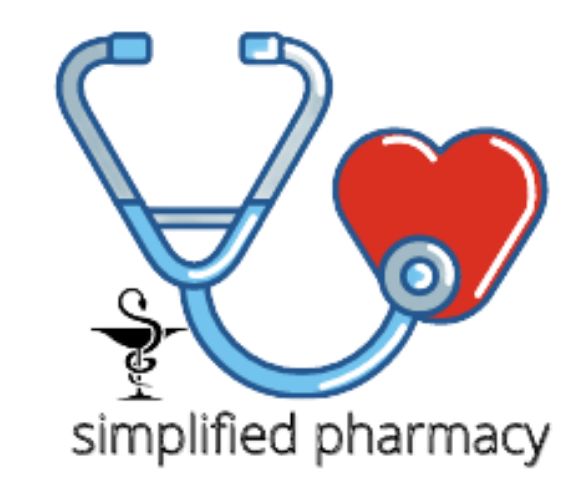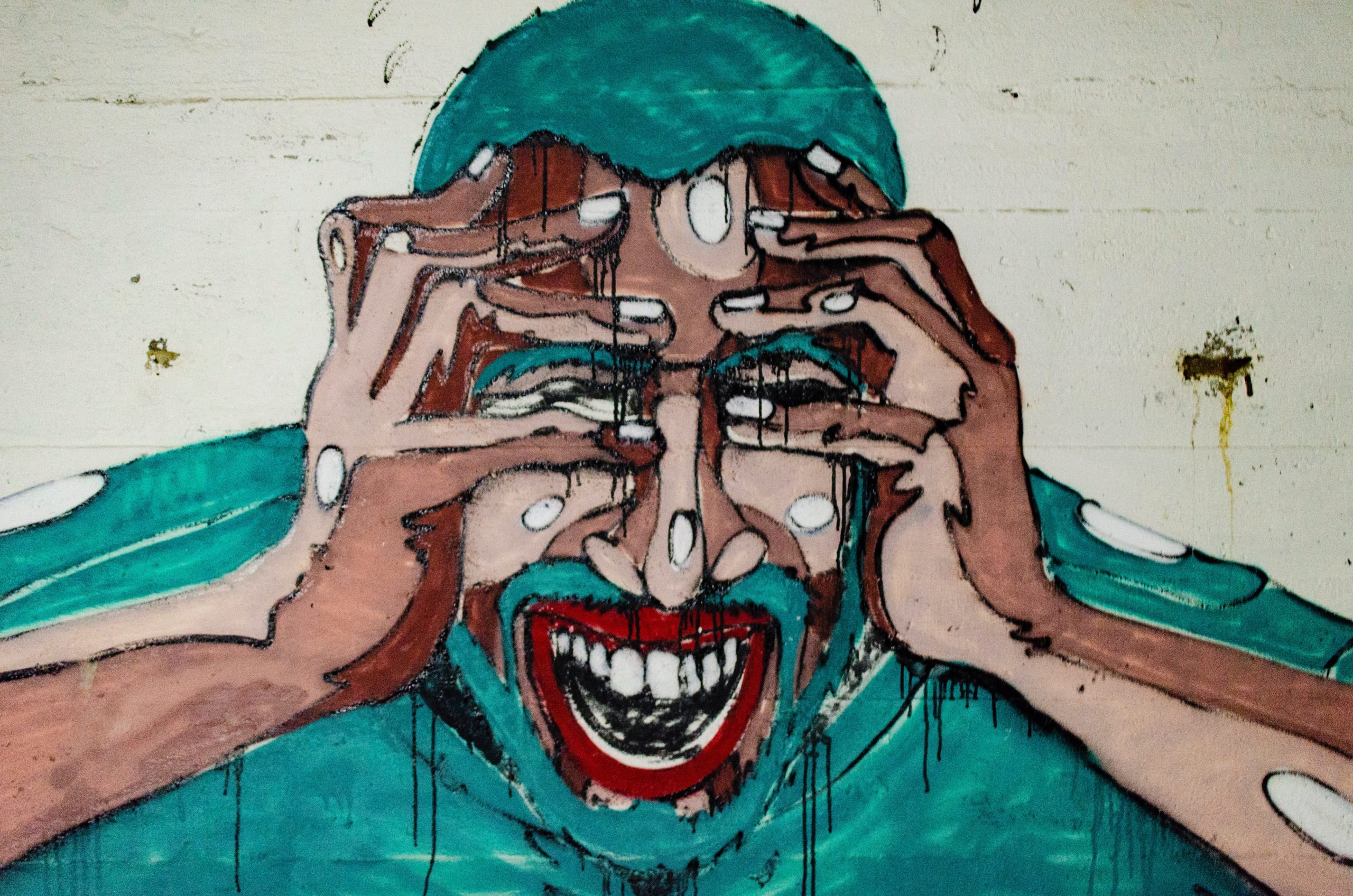 What is Anxiety?
What is Anxiety?
Anxiety is a normal response to stressful situations that we face everyday. It is supposed to protect us from the dangers and keeps us alert and attentive to the situations we are put in. However, you got to distinguish between normal anxiety and having anxiety disorders.
Anxiety disorders is unhealthy way of viewing the world around you. Anxiety refers to anticipation of a future concern and is more associated with muscle tension and avoidance behavior. It is one of the most common mental disorders that can affect adults with about 30%. Sometimes it can hinder the individual from leading a normal life depends on the severity of the anxiety.
But don’t worry, anxiety disorders are treatable and a number of effective treatments are available. Treatment helps most people lead normal productive lives.
But what causes a person to have anxiety disorders?
Anxiety disorders appear to be caused by an interaction of biopsychosocial factors. Genetic vulnerability interacts with situations that are stressful or traumatic to produce clinically significant syndromes.
These maybe some causes linked to having Anxiety disorders but are not limited to:
- Medications.
- Bad childhood experience.
- Trauma.
- Having anxious parents.
- Having low testosterone if you are a man.
- Having low iron in the blood.
- Thyroid imbalances.
Types of Anxiety:
There are different types of anxiety which are:
- Generalized Anxiety Disorder:
This usually involves excessive worrying about almost anything and everything such as school. work or other events. This is diagnosed as Generalized Anxiety Disorder when it occurs of multiple days over the previous 6 months. It is usually associated with restlessness, tension which can be manifested as tension in the shoulders, butterflies in the stomach and worrying thoughts going through the mind. - Social Anxiety Disorder:
This type of anxiety involves intense worrying about getting humiliated, judged or being made fun of a social situation. Examples might include avoid eating/drinking in public, avoid meeting new people or extreme fear of public speaking. - Agoraphobia:
It is intense fear of not being able to find escape route that can cause excessive unreasonable fear. This might include:
Fear of public transports.
Fear of elevators.
Fear of being outside home alone. - Panic Disorder:
This involves recurrent and unexpected panic attacks which might include: Intense fear, palpitations, shortness of breath, tremor, and sweating. Some people describe it as having a heart attack. It can be followed by at least 1 month of persistent worrying about future attacks, or worse avoiding places where you had your attack. - Separation Anxiety:
A person with separation anxiety disorder may be persistently worried about losing the person closest to him or her, may be reluctant or refuse to go out or sleep away from home or without that person, or may experience nightmares about separation. Physical symptoms of distress often develop in childhood, but symptoms can carry though adulthood.
The effective ways to deal with anxiety:
There are three ways you can deal with anxiety disorders:
-
Cognitive Behavioral Therapy “CBT’:
 An important first step in overcoming a psychological problem is to learn more about it, otherwise known as “psychoeducation.”Learning about your problem can give you the comfort of knowing that you’re not alone and that others have found helpful strategies to overcome it. You may even find it helpful for family members and friends to learn more about your problem as well. Some people find that just having a better understanding of their problems is a huge step towards recovery.
An important first step in overcoming a psychological problem is to learn more about it, otherwise known as “psychoeducation.”Learning about your problem can give you the comfort of knowing that you’re not alone and that others have found helpful strategies to overcome it. You may even find it helpful for family members and friends to learn more about your problem as well. Some people find that just having a better understanding of their problems is a huge step towards recovery.CBT involves:
Relaxation Strategies
Learning how to relax your body can be a helpful part of therapy. Muscle tension and shallow breathing are both linked to stress and anxiety (and sometimes depression). So, it’s important to become aware of these bodily sensations and to regularly practice exercises to help you learn to relax.
Two strategies often used in CBT are Calm Breathing, which involves consciously slowing down the breath, and Progressive Muscle Relaxation, which involves systematically tensing and relaxing different muscle groups. As with any other skill, the more these relaxation strategies are practiced, the more effectively and quickly they will work. Other helpful relaxation strategies include listening to calm music, meditation, yoga and massage.
It’s important to realize, however, that the goal of relaxation is not to avoid or eliminate anxiety (because anxiety is not dangerous), but to make it a little easier to ride out these feelings.Realistic Thinking
Effectively managing negative emotions involves identifying negative thinking and replacing it with realistic and balanced thinking. Because our thoughts have a big impact on the way we feel, changing our unhelpful thoughts to realistic or helpful ones is a key to feeling better. “Realistic thinking” means looking at yourself, others, and the world in a balanced and fair way, without being overly negative or positive.Facing Fears: Exposure
It’s normal to want to avoid the things you fear because this reduces your anxiety in the short term. For example, if you’re afraid of small, enclosed places like elevators, taking the stairs instead will make you less anxious. However, avoidance prevents you from learning that the things you fear aren’t as dangerous as you think. So, in this case, taking the stairs prevents you from learning that nothing bad happens when you do take the elevator.In CBT, the process of facing fears is called exposure – and it’s the most important step in learning to effectively manage your anxiety. Exposure involves gradually and repeatedly entering feared situations until you feel less anxious. You start with situations that only cause you a little bit of anxiety, and you work your way up to facing things that cause you a greater deal of anxiety (See Facing Fears: Exposure).
-
Natural supplements:
They are alternative to drug prescriptions with fewer side effects if you want to try something else before prescription medications.
There are 4 natural supplements that I personally tried and recommend:
Ashwagandha:Ashwagandha is an ancient medicinal herb. It’s classified as an adaptogen, meaning that it can help your body manage stress. it also provides numerous other benefits for your body and brain. For example, it can boost brain function, lower blood sugar and cortisol levels, and help fight symptoms of anxiety and depression.

Ashwagandha may have a calm herb had a comparable anxiety-reducing effect with lorazepam, suggesting that it might be as effective for reducing anxiety. However, the researchers conducted this study in mice, not humans.
In a 2019 study in humans, researchers found that taking a daily dose of 240 milligrams (mg) of ashwagandha significantly reduced people’s stress levels when compared with a placebo. This included reduced levels of cortisol, which is a stress hormone.
In another 2019 in humans, taking 250 mg or 600 mg of ashwagandha per day resulted in lower self-reported stress levels, as well as lower cortisol levels.
Although this research is promising, scientists need to collect much more data before recommending the herb to treat anxiety.
The dose I used and worked well with me was 600 mg once daily in the morning.
L-Theanine:
Theanine is an amino acid that is not commonly found in the human diet, as it is not one of the essential or nonessential amino acids. L-theanine is often called a “nondietary amino acid.” Because of its structure, theanine is known to reach the brain quickly following oral consumption. L-theanine is present in various food sources but is found mainly in both green and black teas.
Theanine is found to be relaxing, but not sedating agent, and has been found to help process stress and to improve attention. It has also been found to aid in sleep quality.
Studies show that increasing intake of theanine can significantly reduce symptoms of anxiety, such as a racing heartbeat and increased secretion of immunoglobulin A in saliva. Its effects are somewhat similar to those of a sedative, but L-theanine is far from this prescription drug. It is actually considered to be an effective anxiolytic, which helps to prevent the brain from producing an anxious response to stressful situations..
The dose I tried was 200 mg once daily in the morning.
Magnesium Bisglycinate:
One of the most abundant minerals in the body, magnesium plays an important role in a number of bodily functions and has a number of health benefits. In addition to these benefits, magnesium may be helpful as a natural treatment for anxiety. While further studies are needed, there is research to suggest magnesium may help fight anxiety.
A 2010 review of natural treatments for anxiety found that magnesium could be a treatment for anxiety.
More recently, a 2017 review that looked at 18 different studies found that magnesium did reduce anxiety. These studies looked at mild anxiety, anxiety during premenstrual syndrome, postpartum anxiety, and generalized anxiety. The studies were based on self-reports, so the results are subjective. The review stated that that further, controlled trials are needed to confirm this finding.
The daily dose here is 200 mg elemental magnesium per day and can go up to 400 mg daily.
Also this type of magnesium is very stomach friendly and do not cause diarrhea.
Omega 3-6-9 fish oil supplement:
Omega-3 fatty acids are found primarily in fish oil and certain marine algae. Because depression appears less common in nations where people eat large amounts of fish, scientists have investigated whether fish oils may prevent and/or treat depression and other mood disorders. Two omega-3 fatty acids — eicosapentaenoic acid (EPA) and docosahexaenoic acid (DHA) — are thought to have the most potential to benefit people with mood disorders.
But most important, researchers discovered daily dosages higher than 2000 mg of EPA and DHA combined were linked with a significantly higher anxiolytic effect, compared with lower dosages. In addition, supplements with less than 60% eicosapentaenoic acid (EPA) were significantly associated with reduced anxiety symptoms, but supplements with 60% or more EPA were not.
The dose here can be any where from 1000 mg up to 2000 mg daily.
Conclusion
Anxiety disorders are very common and can present in diverse ways. Because the condition is underdiagnosed and associated with high morbidity, it is best managed by an interprofessional team consisting of a mental health nurse, psychiatrist, psychotherapist, social worker, and a primary care provider. Family members need to be educated about the disorder and help monitor the symptoms and provide support. A mental health nurse should closely follow these patients as suicidal ideations are not rare. The pharmacist should educate the patient on different medications, their benefits, and potential adverse effects. Collaboration between the team members is vital to ensure that no patient is neglected and that all patients are receiving an acceptable standard of care.
DISCLAIMER
All content and information on this website including our programs, products and/or services is for informational and educational purposes only, does not constitute medical, psychological or health advice of any kind and we do not warrant that the information presented herein is free of any errors or omissions. We are not providing medical, health care, nutrition therapy or coaching services to diagnose, treat, prevent or cure any kind of physical ailment, mental or medical condition. A professional-client relationship with you is only formed after we have expressly entered into a written agreement with you that you have signed including our fee structure and other terms to work with you in a specific matter.
Although we strive to provide accurate general information, the information presented here is not a substitute for any kind of professional advice, and you should not rely solely on this information. Always consult a professional in the medical and health area for your particular needs and circumstances prior to making any medical or health related decisions. For your health related questions, please seek the advice of a licensed physician or any other qualified health care provider immediately.

